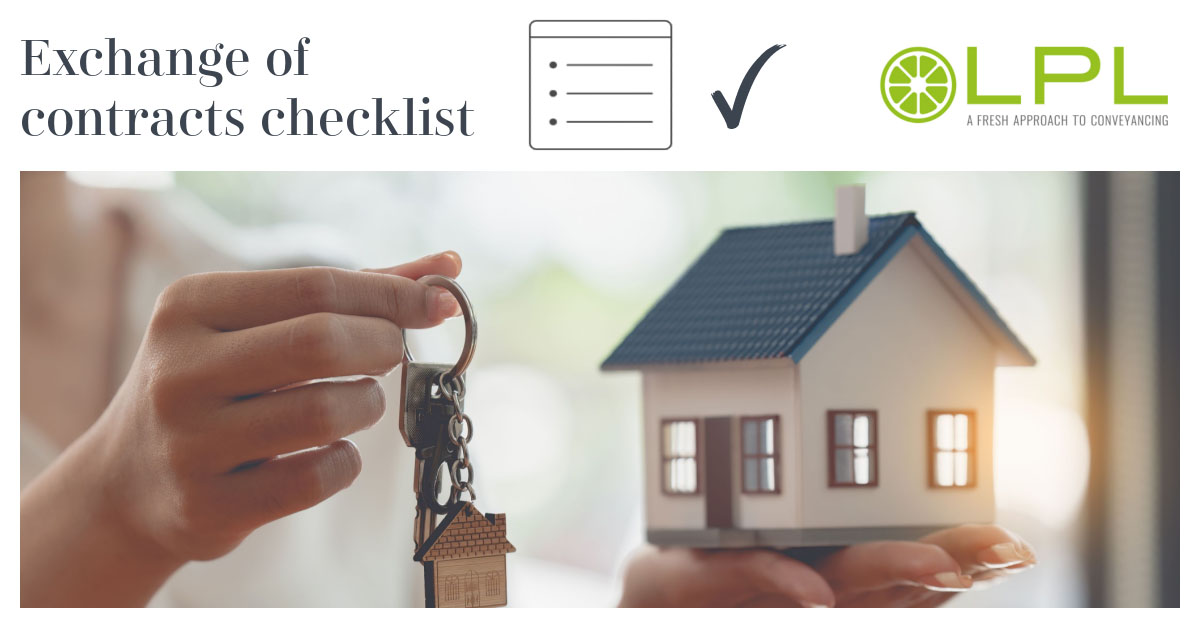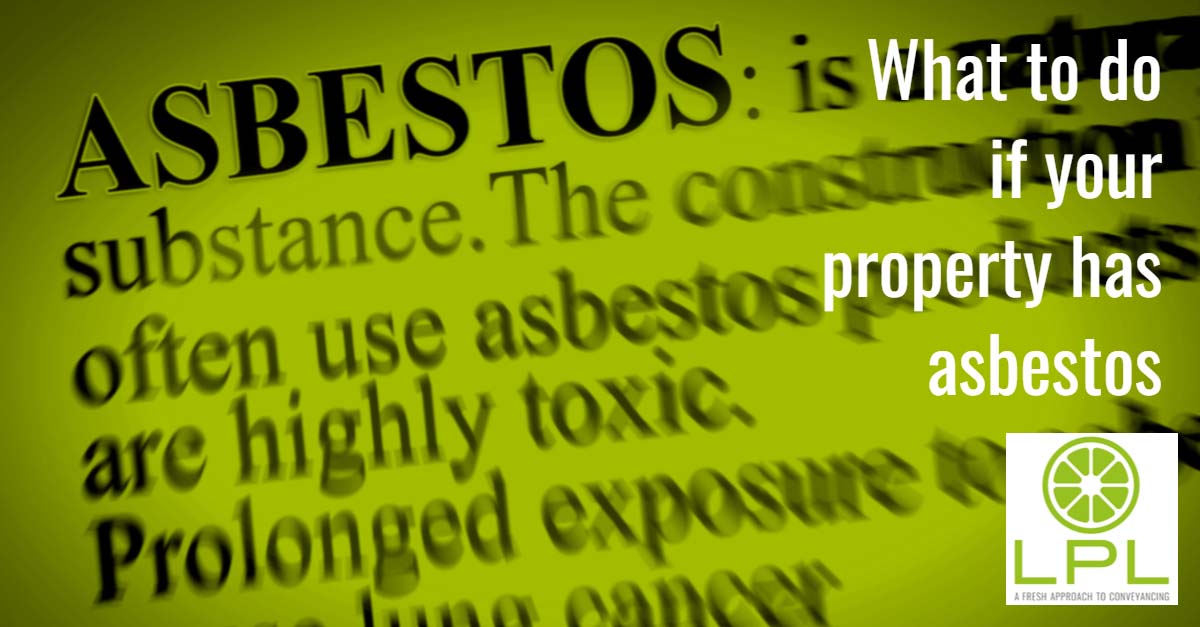Category: Re-Mortgage

Exchange of contracts checklist
Once contracts are exchanged in your house purchase, you are legally bound to go ahead with your move. This is the point at which you will need to start seriously organising everything in readiness for completion day. Our checklist sets out some of the main issues to deal with. Insure your new property You should...

What you need to know about changes to leasehold legislation
Long-awaited reforms to law surrounding leasehold property will start to take effect in 2022 as the government seeks to make matters fairer for leaseholders. Problems for those owning leasehold property have increased over recent years, with the some newbuild companies imposing unfair ground rents that regularly doubled over time, leaving some homeowners unable to sell....

Taking the stress out of moving home
The process of moving house can be stressful, but by taking a few steps to prepare properly for moving day, you can make things easier. We share our top tips for a smooth move to your new home. On completion day, you will be able to collect the keys to your new home from the...

Common delays in conveyancing and how to avoid them
If you are buying or selling a property, you probably want to avoid unnecessary delays. As well as dragging a transaction out, delays can risk a chain collapsing. We take a look at the best way to keep your sale or purchase moving. Working with experienced conveyancing solicitors Manchester can help you avoid common delays...

Adding a conservatory or extension
If you are thinking of adding a conservatory or extension to your property, you need to be aware of the rules and regulations. Some additions to a property do not require planning permission, but it is important not to breach planning laws. If you do, you could be required to take down the conservatory or...

What to do if your property has asbestos
Many properties have asbestos present, in places such as walls, insulation, piping and garage roofs. It is no longer legal to use asbestos when constructing property and it cannot generally be removed by anyone without a licence. If you have asbestos at your property or you wish to buy a property where asbestos is present,...

A guide to radon for homebuyers
Homebuyers need to be aware of radon and the potential effects it could have, both in respect of health and in the investment you are making in your new property. Radon is a radioactive gas that is colourless, odourless and widespread across the country. It occurs because of the radioactive decay of naturally occurring uranium...

More property information to be disclosed upfront in sales listings
A project implemented by the National Trading Standards Estate and Letting Agency Team requires more material information to be provided when a property is listed for sale or rent. National Trading Standards wants the provision of material information to be compulsory when an agent enters details on a property portal or otherwise provides them to...

Flat ownership and the right to manage
If you own a flat, the freehold may be owned by the landlord. This means that the landlord will generally be responsible for carrying out tasks such as arranging for the common areas and the fabric of the property to be kept in good condition, arranging buildings insurance and organising contractors to carry out works....
